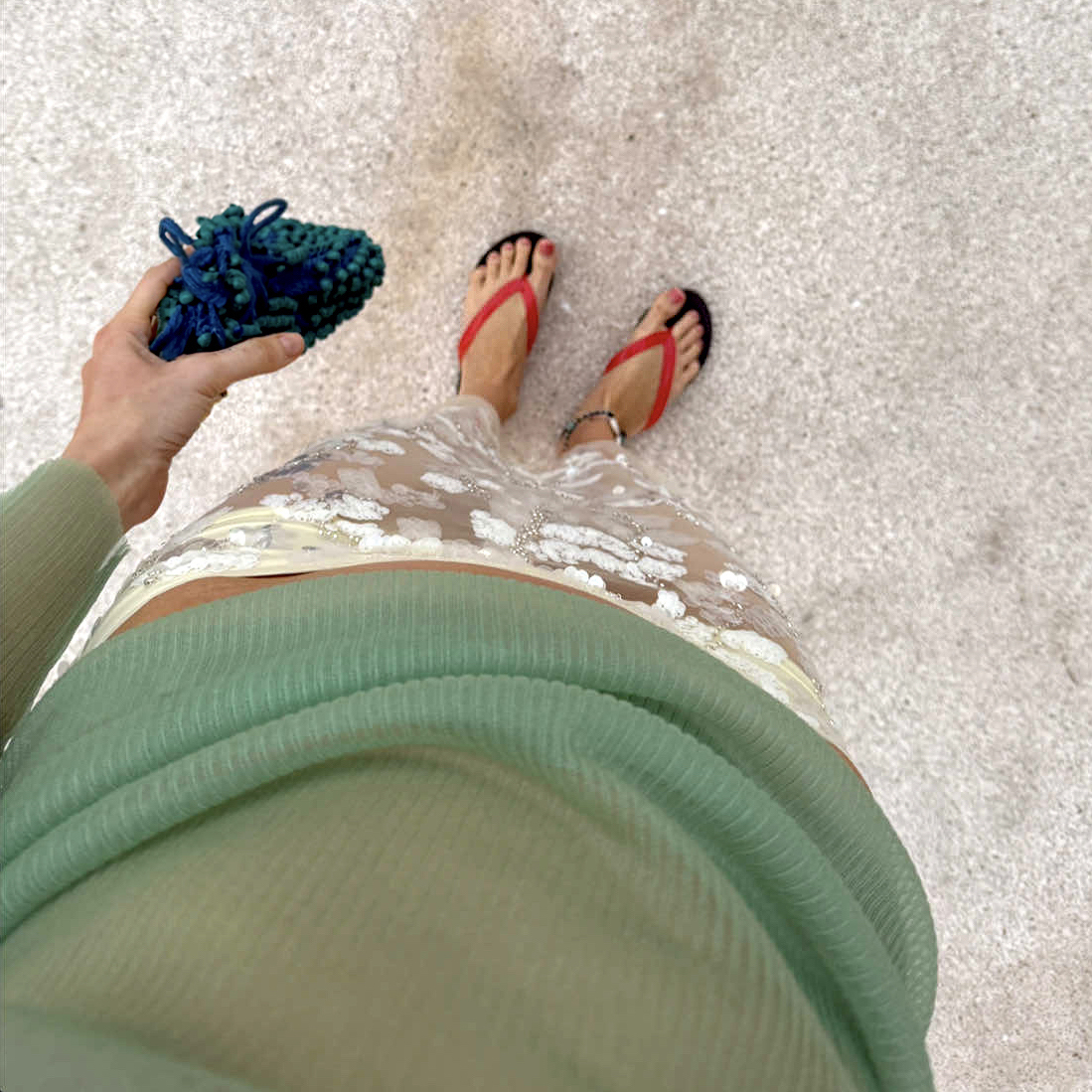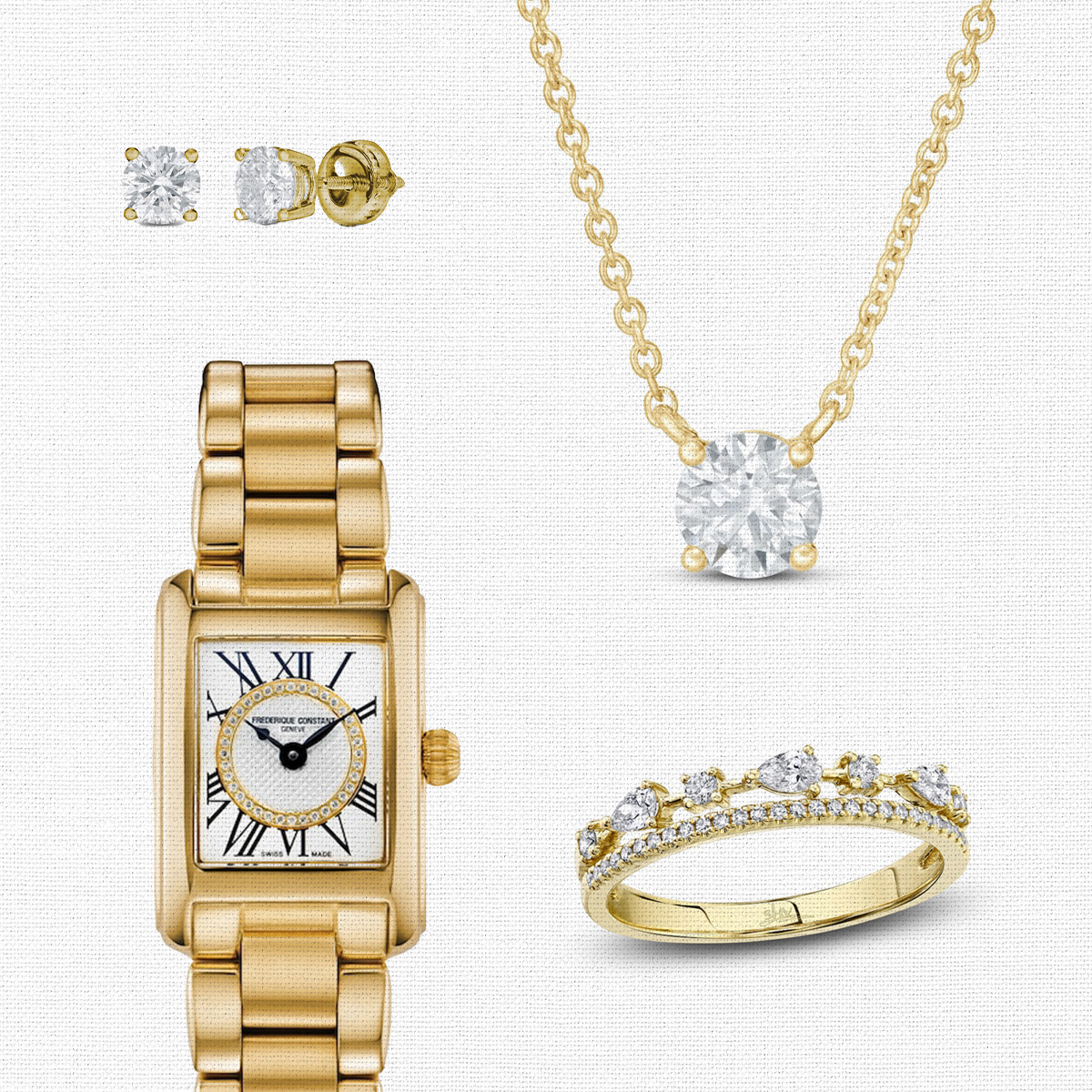I'm a Beauty Editor, and I Swear This Is the Most Underrated Skincare Ingredient
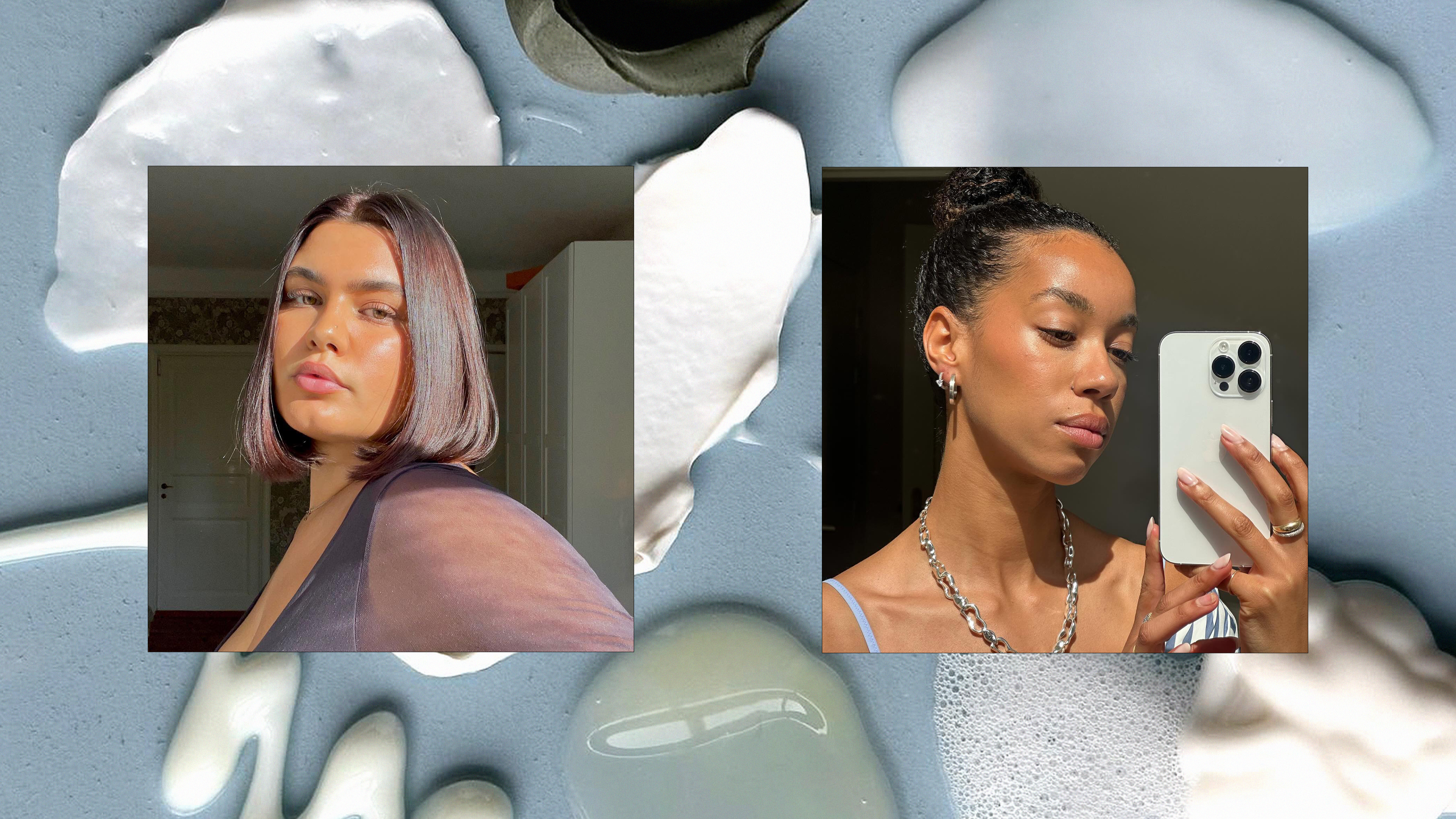

As a beauty editor, I test hundreds of products each year. They vary in type, from cleansers to toners, serums, moisturizers, and masks. They also vary in active ingredients. Of course, I use the classics—I'm talking about tried-and true ingredients like retinol, vitamin C, and hyaluronic acid. I also use some newer, buzzier ingredients like ectoin, exosomes, and mandelic acid. All of this is to say that I'm well-versed in skincare ingredients and their various benefits. I have to be. After all, it's quite literally part of my job.
People always ask me, "If you had to recommend one skincare product or ingredient, what would it be?" My answer is almost always sunscreen, followed by azelaic acid. The latter is a do-it-all ingredient that benefits the skin in a variety of ways. Let's run through some of its main benefits, shall we? Here it goes. Azelaic acid exfoliates the skin and whisks away uneven texture, targets acne, soothes rosacea, and even minimizes hyperpigmentation. As if that's not enough, it doesn't pose a major threat for irritation. In fact, it's so gentle it's safe for sensitive skin. Ahead, learn everything you need to know about this underrated ingredient, straight from a top dermatologist.

What Is Azelaic Acid?
Jessie Cheung, MD, is a board-certified dermatologist based in Illinois and NYC. "Azelaic acid is a type of acid that is naturally produced by yeast," she says. "It has become a popular skincare ingredient, particularly in the clean beauty sector, as it is derived from natural origins. It has multiple mechanisms of action in that it's anti-inflammatory, antibacterial, helps to inhibit melanin production in sun or age spots, and helps to normalize skin cell growth," explains Cheung.
How Does Azelaic Acid Benefit the Skin?
If you struggle with acne, rosacea, melasma, or any other type of hyperpigmentation, Cheung says azelaic acid can help. It's all thanks to its regenerative and melanin-inhibitive properties. "It's a popular ingredient in over-the-counter skincare to help smooth the texture of the skin and fade hyperpigmentation," she explains. "You can also use it in place of a retinoid if you have sensitive or mature skin, as most skin types can tolerate twice-daily use in conjunction with sunscreen during the day."

How Often Should Azelaic Acid Be Used?
In my opinion, this is the best part. Azelaic acid is incredibly gentle—so gentle that it can be used twice a day. Yep, take that, retinol! However, if you have sensitive skin or you've never used it before, start slow. Cheung says although it's gentle, it's still technically an acid, so it could cause some initial dryness and peeling on sensitive skin. "Start by applying it every other day or pairing it with a moisturizer if your skin is on the sensitive side," she says. Additionally, be sure to wear (and reapply!) sunscreen every day, as azelaic acid makes the skin more vulnerable to UV rays.
If you struggle with particularly sensitive skin, you can still use azelaic acid. Cheung suggests pairing an azelaic acid serum with a moisturizer to counteract any potential dryness or irritation. "If azelaic acid is too much for your skin, you could also try bakuchiol as an alternative," she says. "It's another versatile, non-irritating, plant-based alternative to retinol that has antioxidant, antibacterial, and anti-inflammatory properties.”
Does Azelaic Acid Pair With Other Active Ingredients?
Azelaic acid plays well with most other active ingredients, so there's no need to adjust your existing routine. "Azelaic acid is most commonly paired with niacinamide for additional brightening, but it's very stable and can be paired with other actives," Cheung says. "It works with AHAs, BHAs, benzoyl peroxide, and even vitamin C. Though, combining all of the above could be irritating to sensitive skin." Keep the less-is-more mantra in mind, and start by introducing the ingredient slowly (ideally every other day).
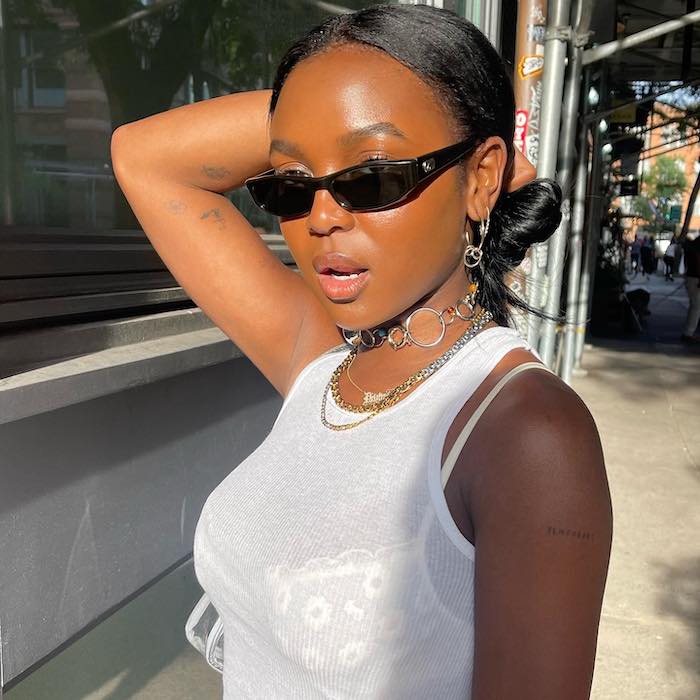
Is Azelaic Acid Pregnancy-Safe?
Remember how I said azelaic acid is incredibly gentle? Well, that goes for everyone. Cheung notes that azelaic acid is a pregnancy class B ingredient, which means it's one of the few topicals that can be used to treat acne and melasma while pregnant or breastfeeding. Check with your doctor before incorporating the ingredient into your routine, but it could serve as an effective swap for retinol during this time.
Shop Azelaic Acid Skincare Products
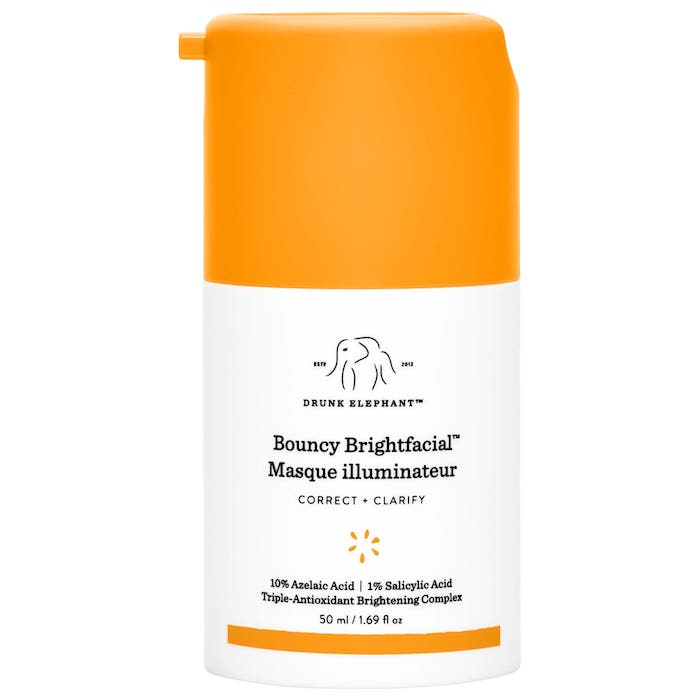
This TikTok-favorite leave-on mask boosts radiance, clarifies, fades discoloration, and reduces redness.

This azelaic and salicylic acid combo cream can fade acne marks, clarify congested skin, even discoloration, and reduce redness in one go.
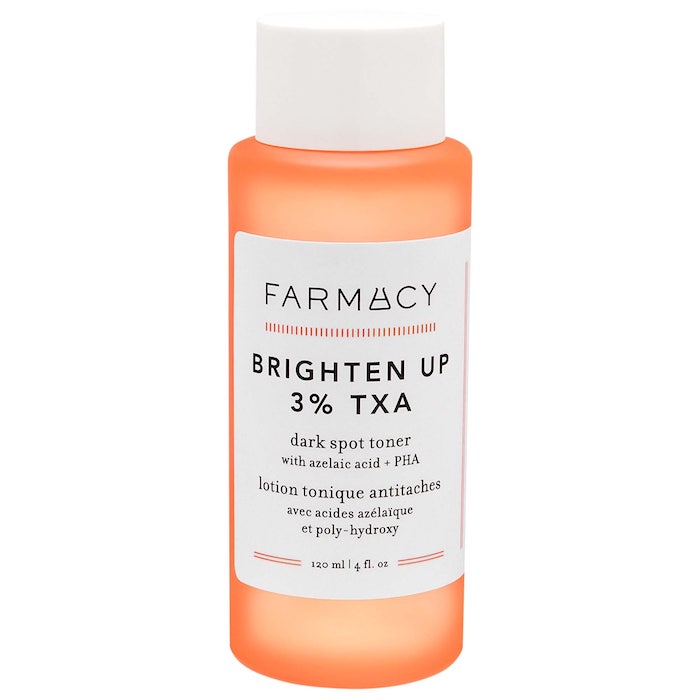
A toner that soaks your skin in hydration and brightens discoloration? It does exist.
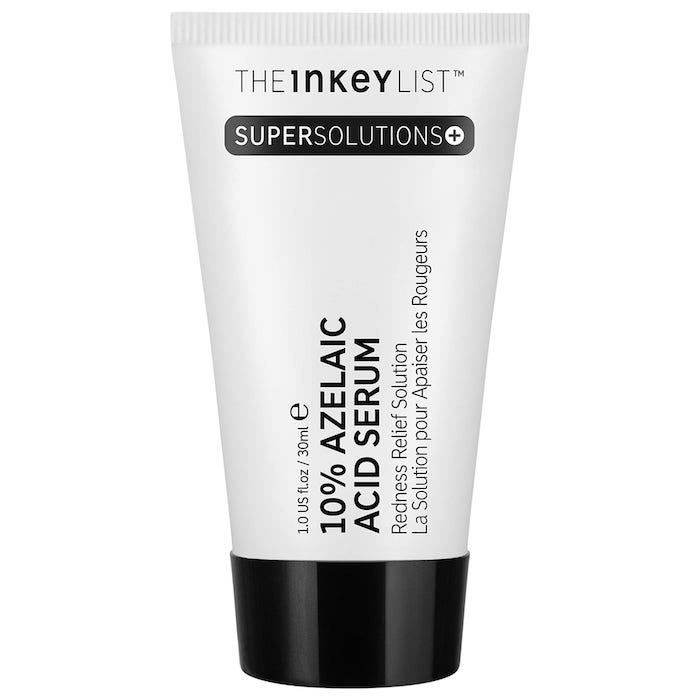
Specifically formulated for inflamed skin (aka, any fellow rosacea sufferers out there), this gel serum visibly reduces redness, inflammation, and irritation.
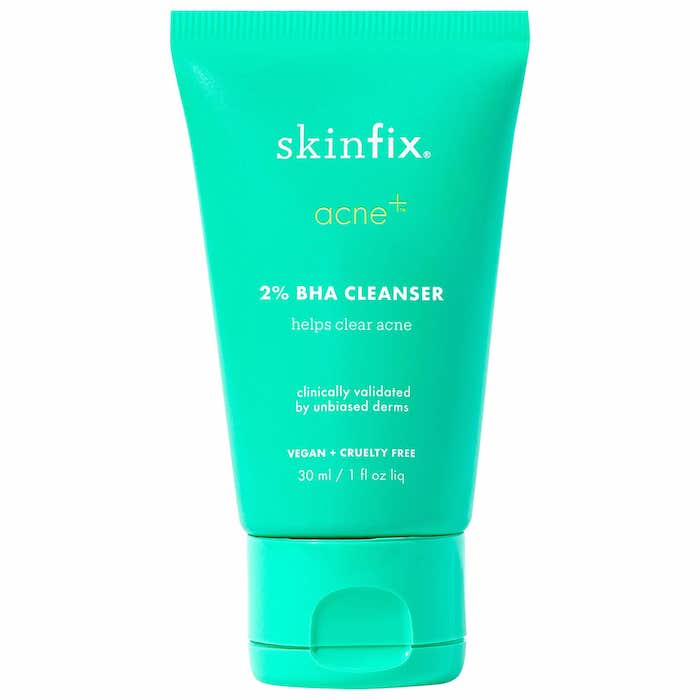
This cleanser clears acne with a combination of azelaic acid, niacinamide, and 2% BHA. It's so effective it even works on fungal acne.
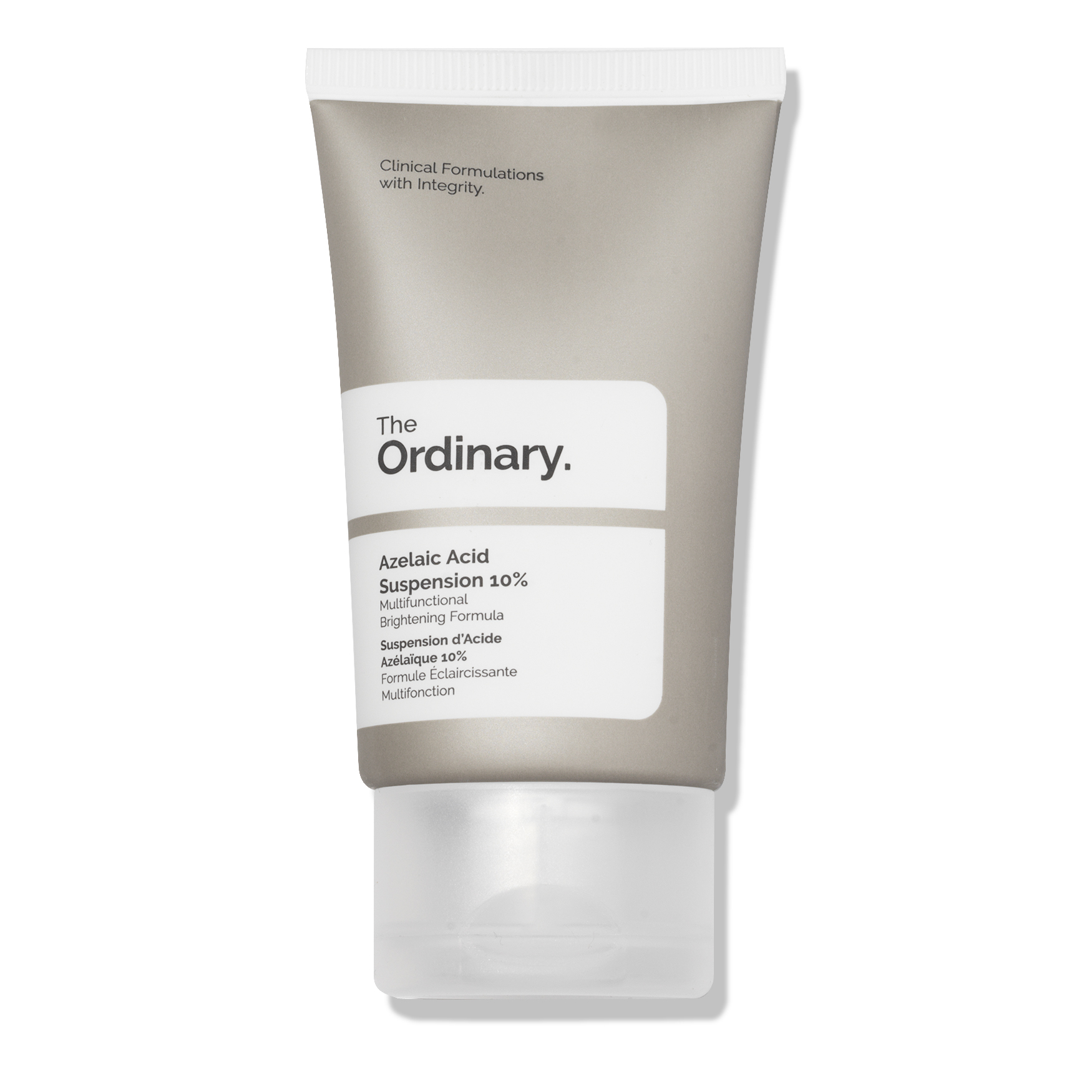
"I love this azelaic acid formula because it's effective, easy to find, and very affordable," says Cheung. This lightweight cream formula is packed with 10% azelaic acid and helps to even out both tone and texture while boosting brightness.
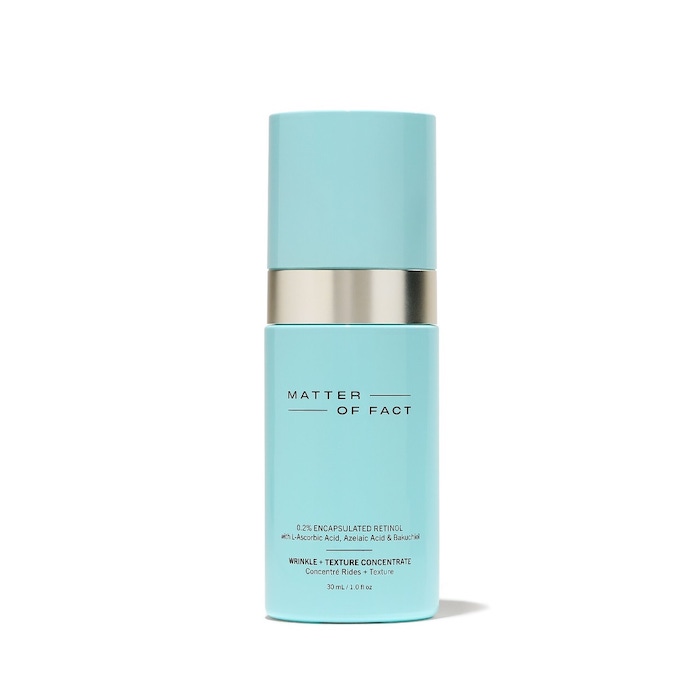
This anti-aging powerhouse uses 0.2% encapsulated retinol, vitamin C, and azelaic acid to refine uneven texture, minimize wrinkles, and brighten discoloration for a more youthful-looking complexion.
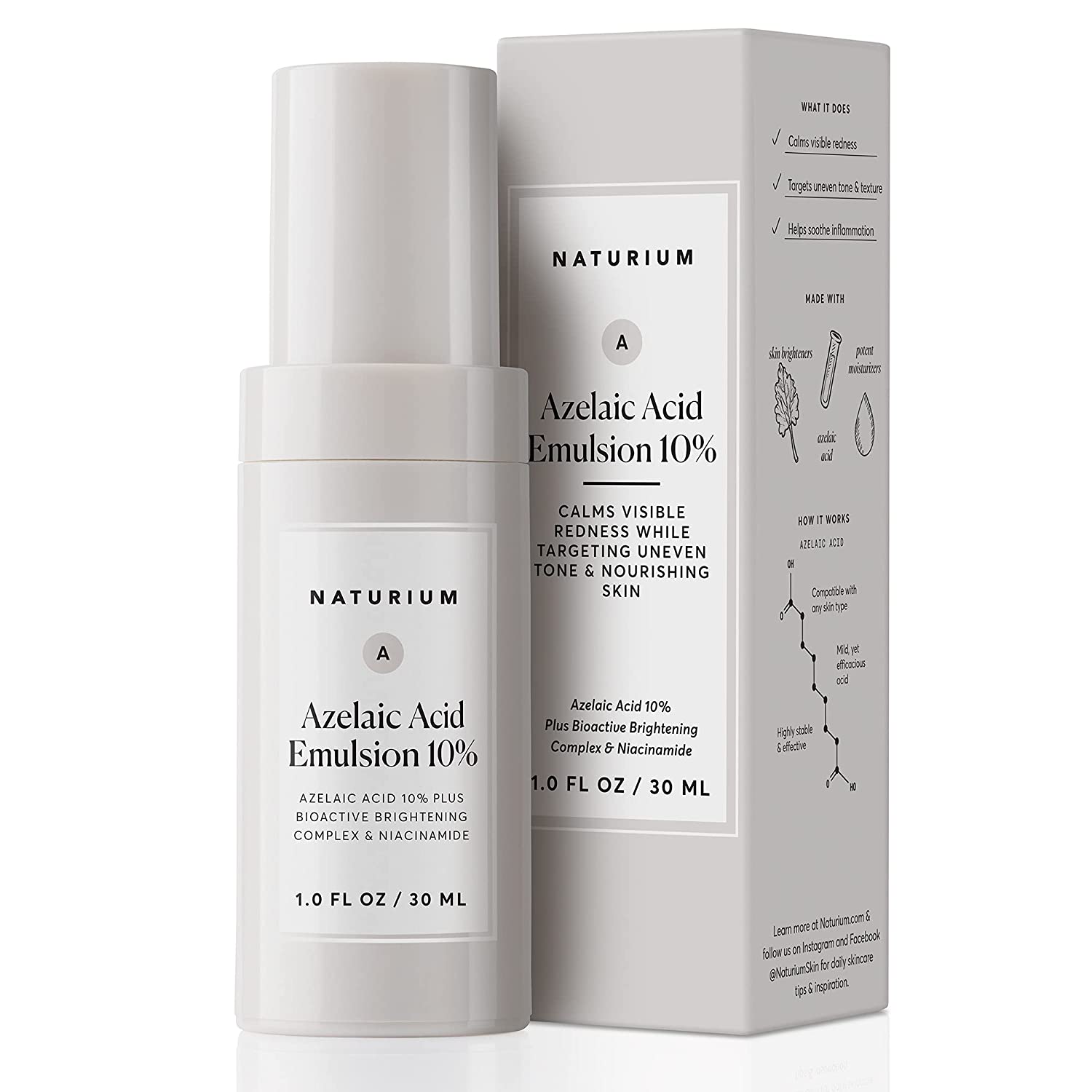
Consider this potent elixir the one-two punch you need to reduce redness, soothe inflammation, and tackle uneven tone and texture. It's packed with azelaic acid, niacinamide, and bio-retinol, but because of its balanced pH level, it won’t irritate sensitive skin.
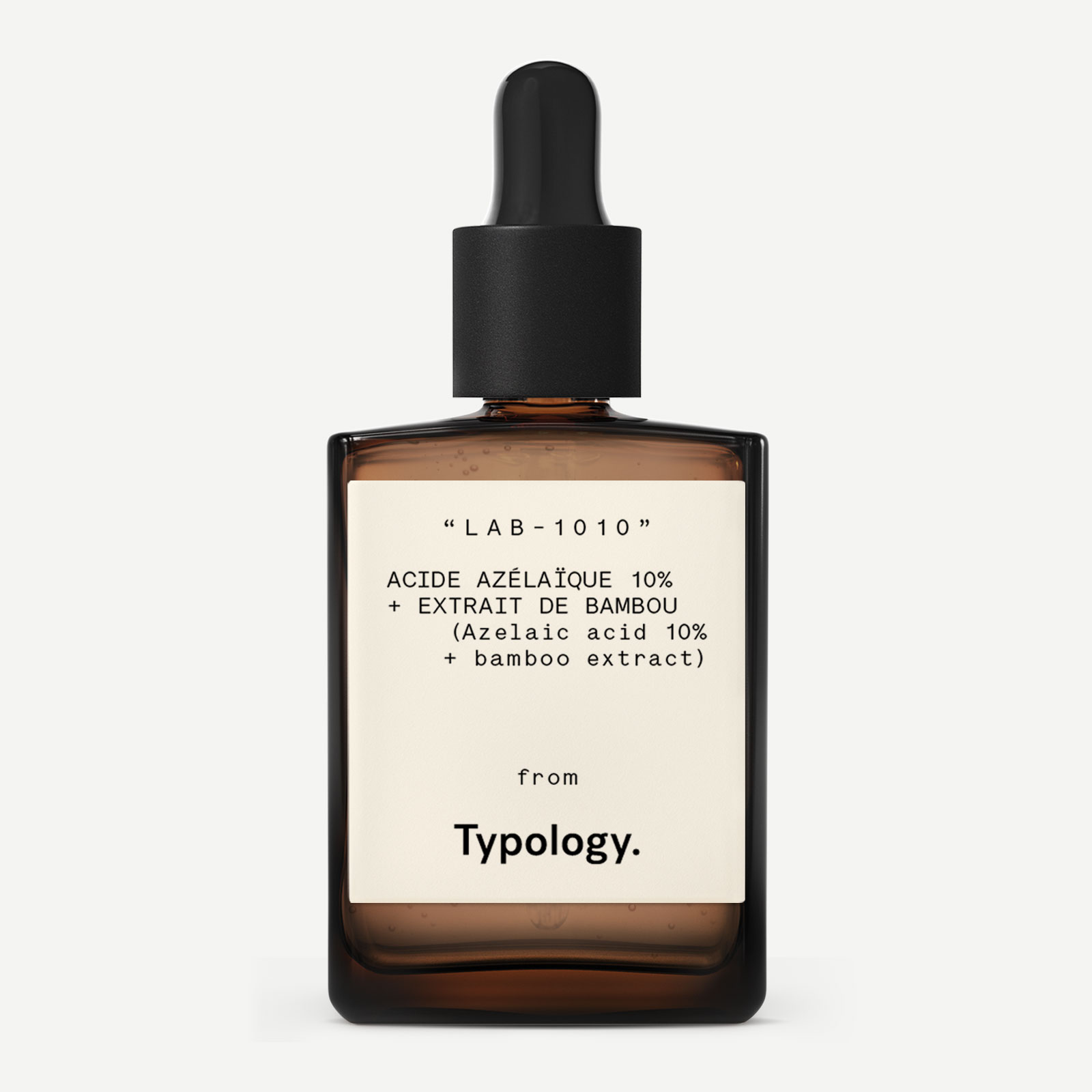
Talk about kicking your beauty sleep into high gear. This azelaic acid–infused serum balances sebum production while you get your eight hours in. Because of this, it treats and prevents breakouts and blackheads.
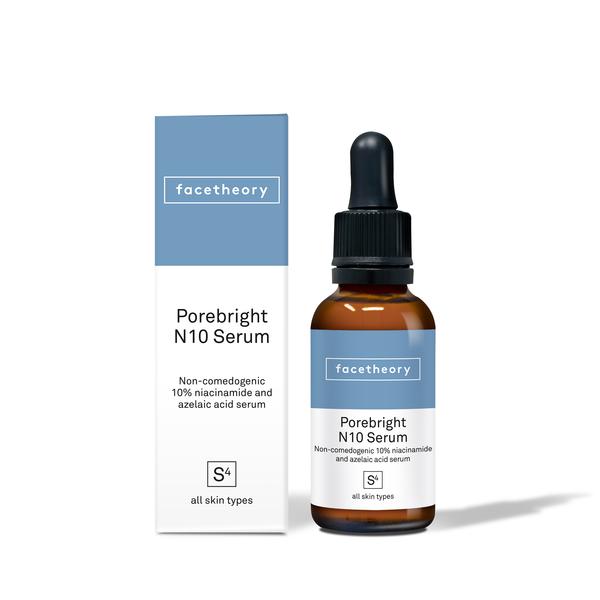
Turn up your radiance to 11 with this powerhouse serum, infused with both niacinamide and azelaic acid. The dynamic duo also works overtime to soothe breakouts while salicylic acid provides pore-clearing exfoliation.

Kaitlyn McLintock is a Beauty Editor at Who What Wear. She has 10 years of experience in the editorial industry, having previously written for other industry-leading publications, like Byrdie, InStyle, The Zoe Report, Bustle, and others. She covers all things beauty and wellness-related, but she has a special passion for creating skincare content (whether that's writing about an innovative in-office treatment, researching the benefits of a certain ingredient, or testing the latest and greatest at-home skin device). Having lived in Los Angeles, California, and Austin, Texas, she has since relocated back to her home state, Michigan. When she's not writing, researching, or testing beauty products, she's working through an ever-growing book collection or swimming in the Great Lakes.
-
 Salma Hayek Pinault's Key to Youthful Skin? Moisturizer Sandwiches and This "Turkey Neck" Treatment
Salma Hayek Pinault's Key to Youthful Skin? Moisturizer Sandwiches and This "Turkey Neck" TreatmentNo retinol, no peels, and absolutely no injectables.
By Jamie Schneider
-
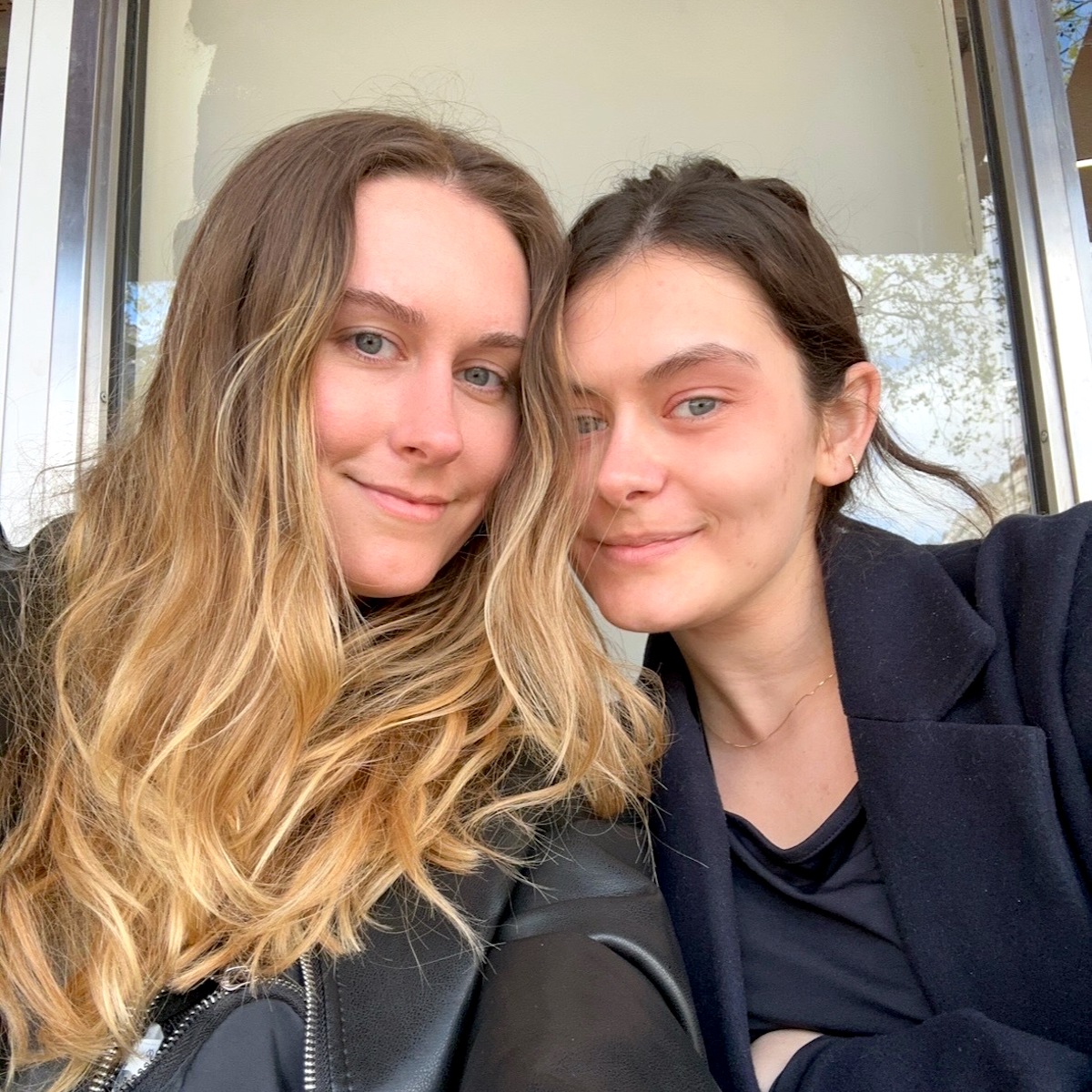 My Sister and I Have Opposite Skin Types, But These Products *Magically* Work for Both of Us
My Sister and I Have Opposite Skin Types, But These Products *Magically* Work for Both of UsThese are our "unicorn" products.
By Kaitlyn McLintock
-
 Hailey Bieber Says She "Couldn't Live Without" This $12 French Pharmacy Cream
Hailey Bieber Says She "Couldn't Live Without" This $12 French Pharmacy CreamThat's it—I'm buying three.
By Kaitlyn McLintock
-
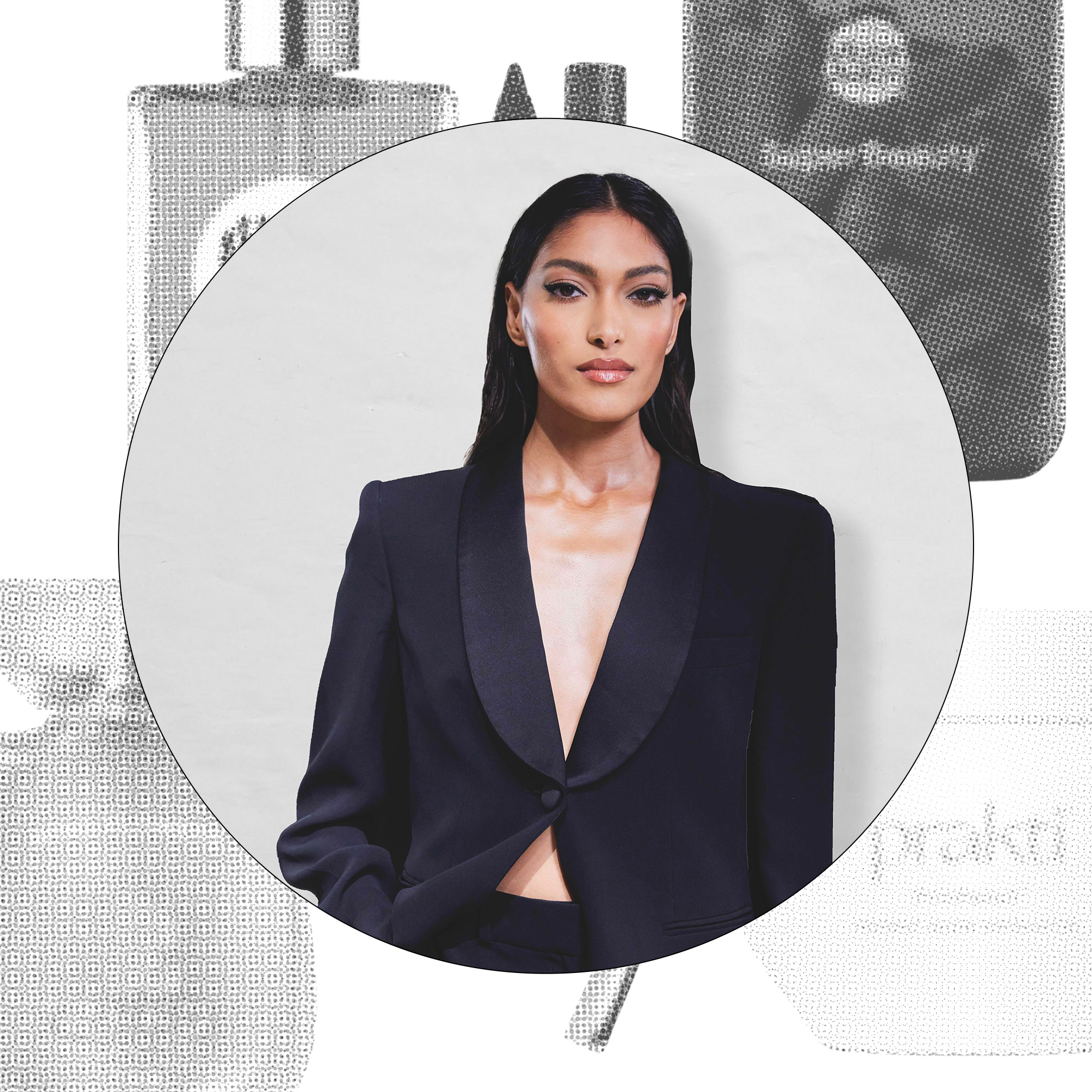 Model Pritika Swarup Has an Angel's Complexion, so I Asked for All Her Skin and Makeup Secrets
Model Pritika Swarup Has an Angel's Complexion, so I Asked for All Her Skin and Makeup SecretsHer must-haves for "runway-level radiance."
By Jamie Schneider
-
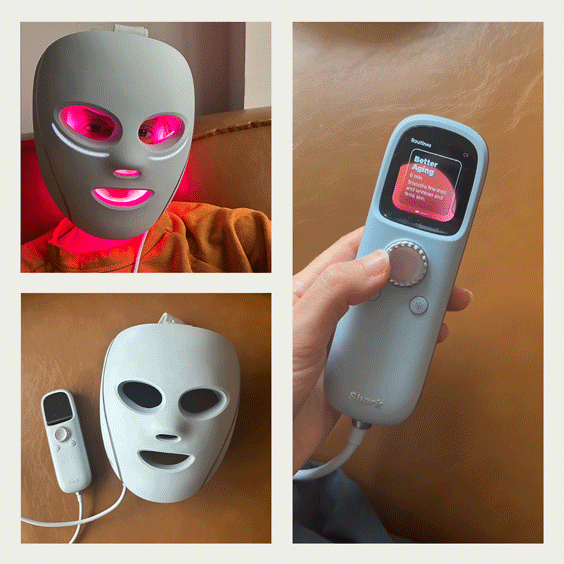 I've Tested $2850 Worth of LED Masks—Shark's New Model Is the One I'm Recommending to Friends
I've Tested $2850 Worth of LED Masks—Shark's New Model Is the One I'm Recommending to FriendsMy full review after wearing it for 67 days.
By Jamie Schneider
-
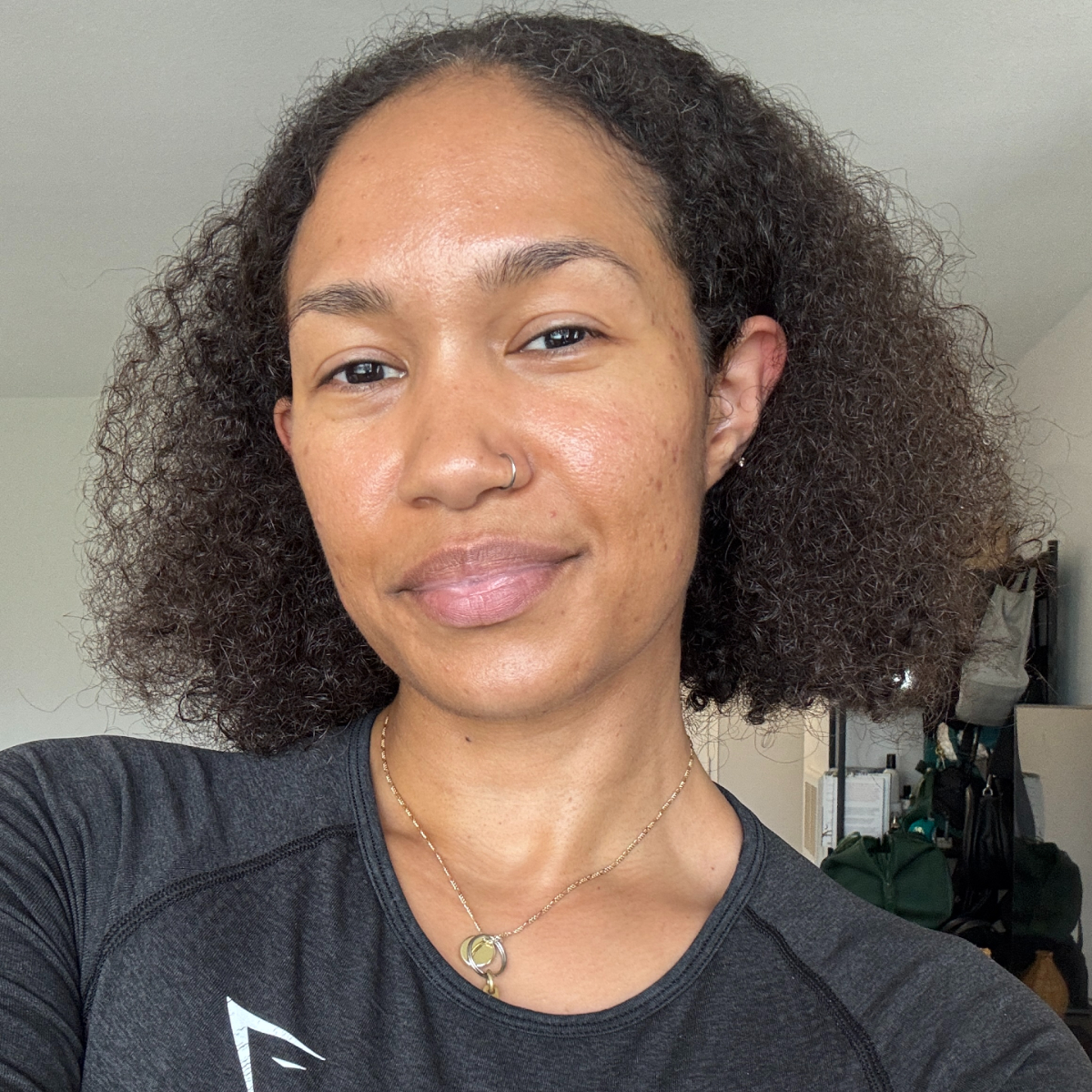 Aestheticians on Instagram Can't Stop Raving About This Acne-Clearing Serum, so I Tried It
Aestheticians on Instagram Can't Stop Raving About This Acne-Clearing Serum, so I Tried ItIt's perfect for sensitive skin.
By Shawna Hudson
-
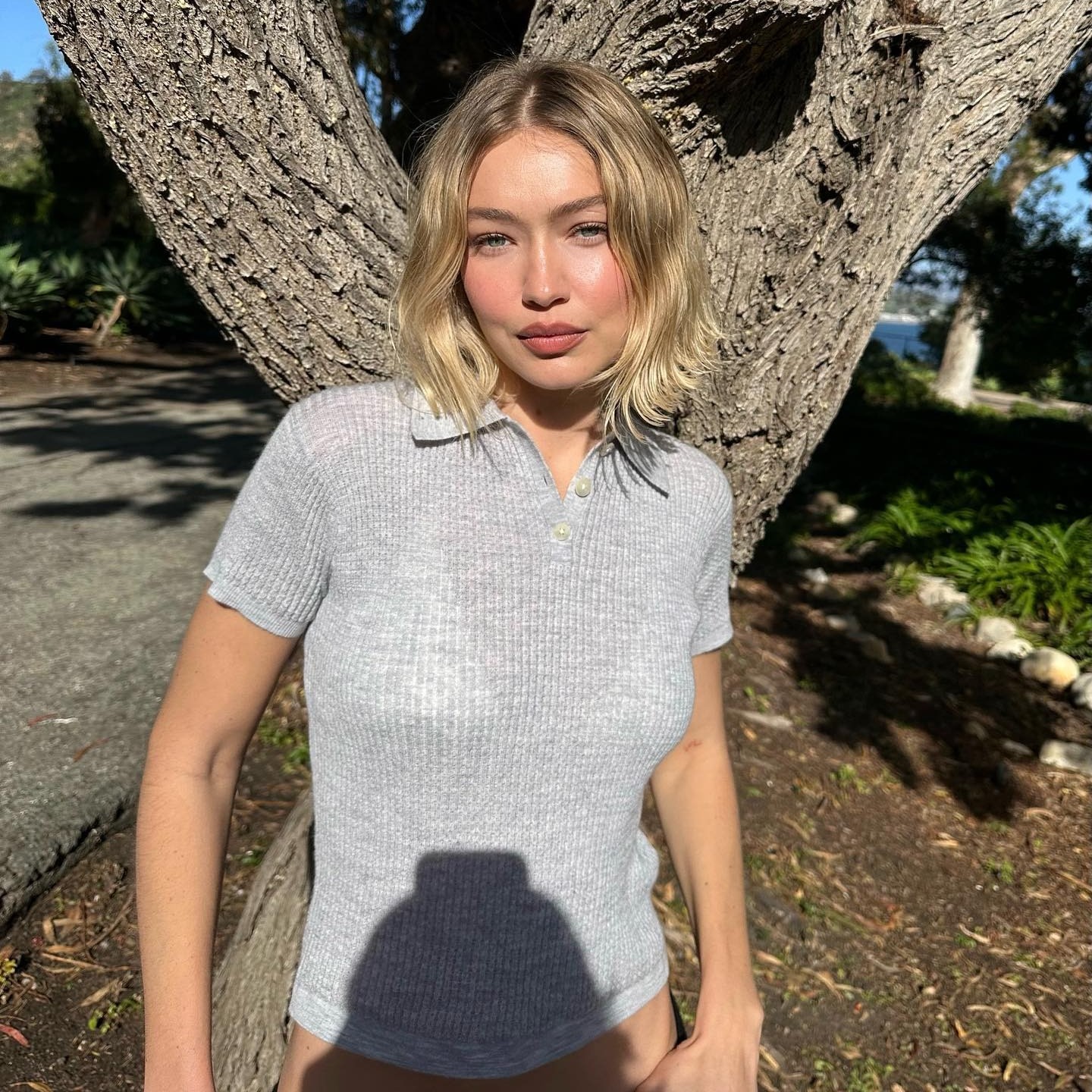 I Want to Glow Like Gigi Hadid This Summer—Here's Patrick Ta's Product Prescription
I Want to Glow Like Gigi Hadid This Summer—Here's Patrick Ta's Product PrescriptionI trust him.
By Jamie Schneider
-
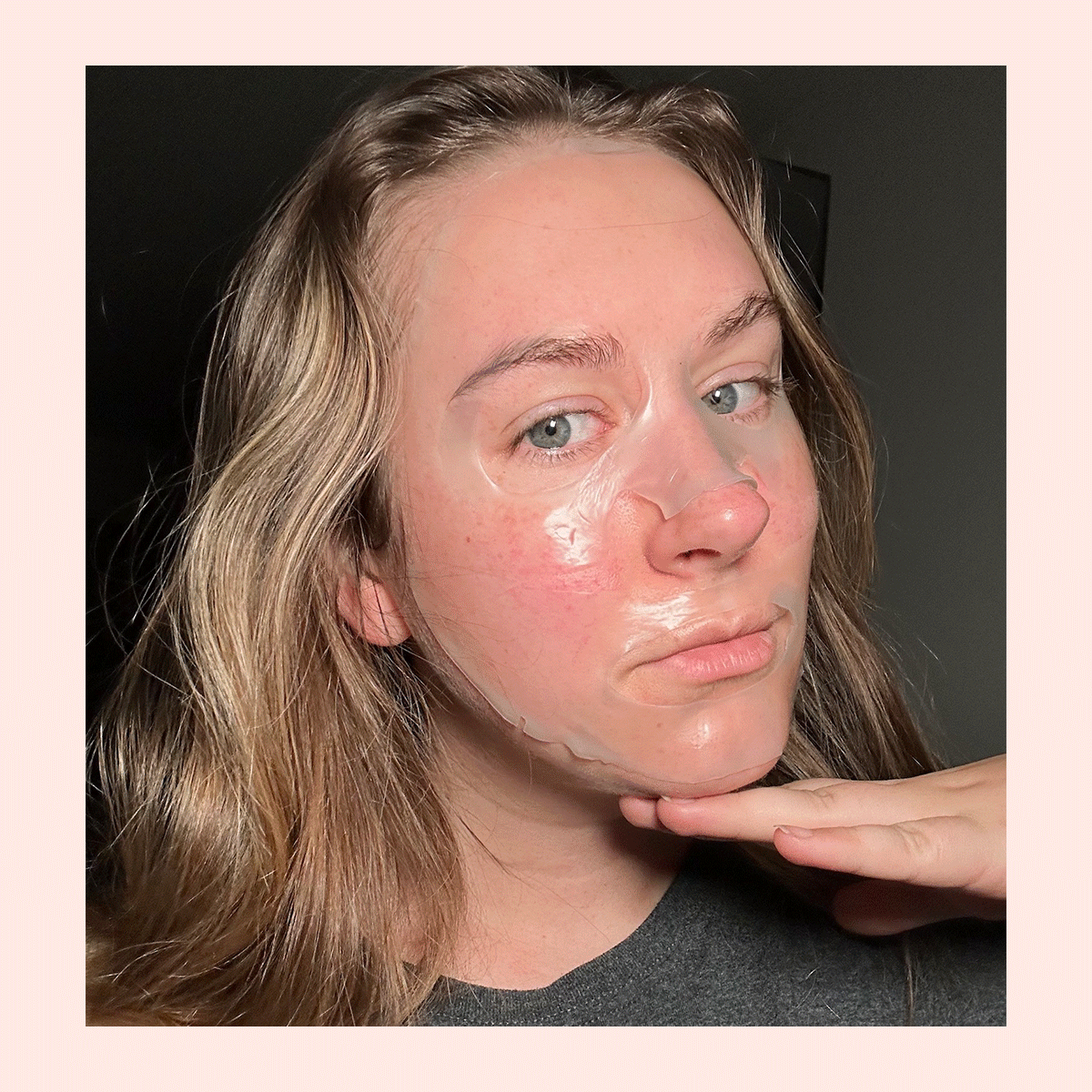 I Swear This Korean Collagen Mask Took 5 Years Off My Skin (and It's On Sale RN)
I Swear This Korean Collagen Mask Took 5 Years Off My Skin (and It's On Sale RN)I'm stocking up before it sells out (again).
By Kaitlyn McLintock
